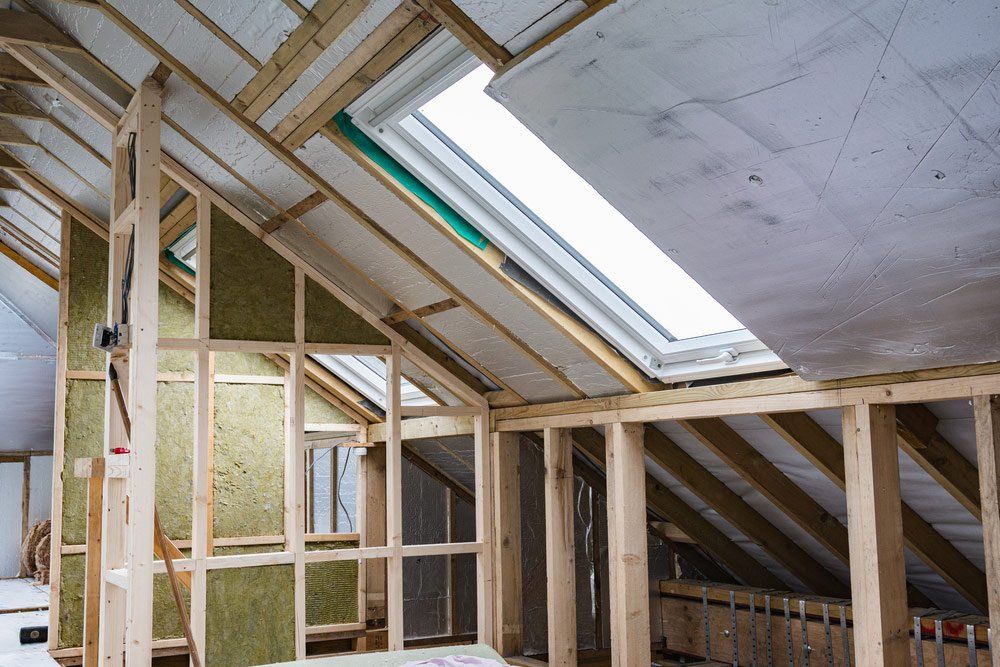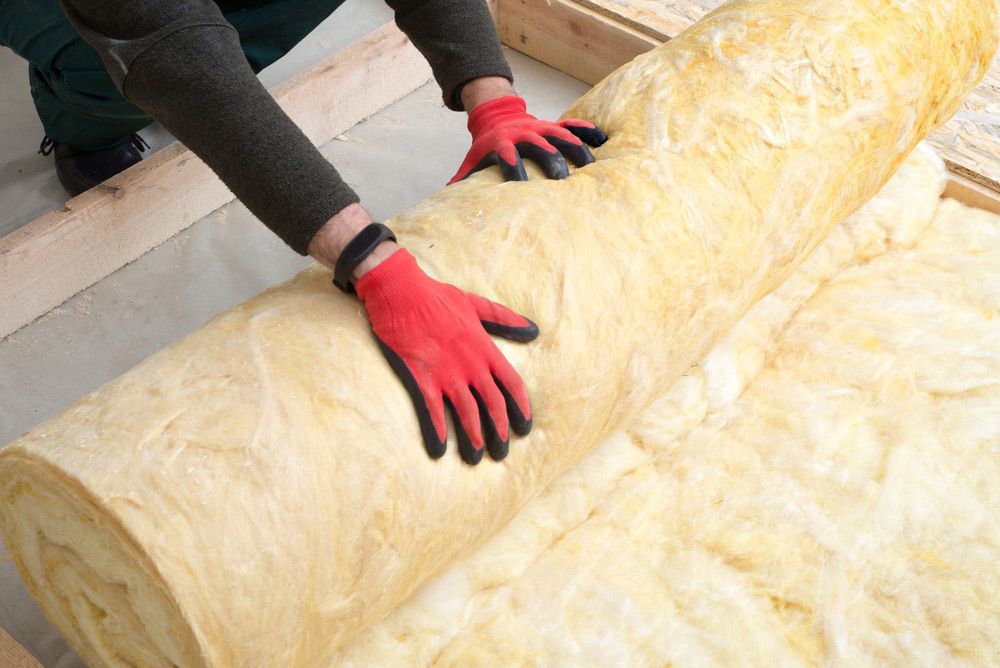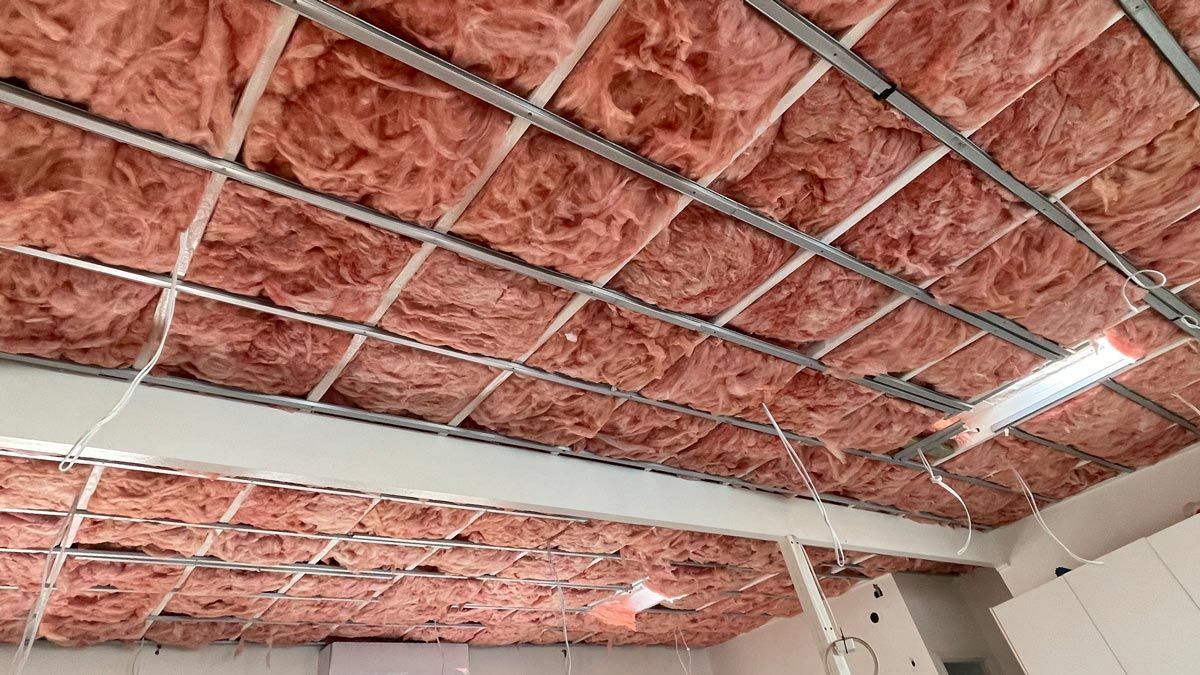What You Must Know About Ceiling Insulation
Do you have ceiling insulation? Do you need ceiling insulation? If so, what type is going to be best? Discover the answers to these common questions and more in our essential guide to ceiling insulation.

What is ceiling insulation and what are its benefits?
Ceiling insulation is simply any form of material that's placed between the ceiling of one storey and the floor of the next, or which covers the floor of a loft. The intention behind insulation is to prevent heat, water and/or sound from penetrating between storeys. A well-insulated home will:
- Not needing as much energy to maintain a constant temperature. Poorly insulated ceilings allow greater heat transfer. This means heat can be more easily transferred into the property when it's hot outside, adding to your A/C costs. Conversely, in colder weather, heat from your home is more easily lost to the outside, increasing your energy bills.
- Enjoy better sound deadening.
Whether you wish to prevent noise from entering your property or want to spare your neighbours from the sound of your drum practice or late-night vacuuming, good insulation helps to keep sound in or out.
Ultimately, a good level of ceiling insulation will give you a more comfortable home and help to keep both energy bills and your carbon footprint low.
What is the insulation R-value?
The R-value measures how good an insulator material is. R values range from 1.5 up to 7. The higher the value, the better the material is at resisting transfer. In general, materials with high R-values are good options for ceiling insulation. That said, issues such as cost, type of ceiling and practical considerations may mean that the best option isn't always the material with the highest R-value.
What types of ceiling insulation are there?
The main types of ceiling insulation are detailed below.
Bulk insulation
Bulk insulation is any material that contains air pockets. These air pockets make it difficult for heat to pass through the material, creating an insulating effect.
Bulk insulation products include batts and rolls made from glass wool, natural wool, polyester, polyurethane or cellulose. R-values vary between 1.5 and 7. In attic spaces, bulk insulation for ceilings may simply be rolled into place.
Reflective insulation
Made from tinfoil-type material that's fused to a layer of plastic, reflective insulation reflects radiant heat back the way that it has come. Some insulation systems combine reflective and bulk insulation for maximum effectiveness.
Spray insulation
Installed by specialists, spray insulation consists of liquid polyurethane that solidifies when it comes into contact with the air. Homeowners can choose from open-celled (large air pockets) or closed-celled (small air pockets) options. Spray insulation is messy to apply, but can work well in some circumstances.






